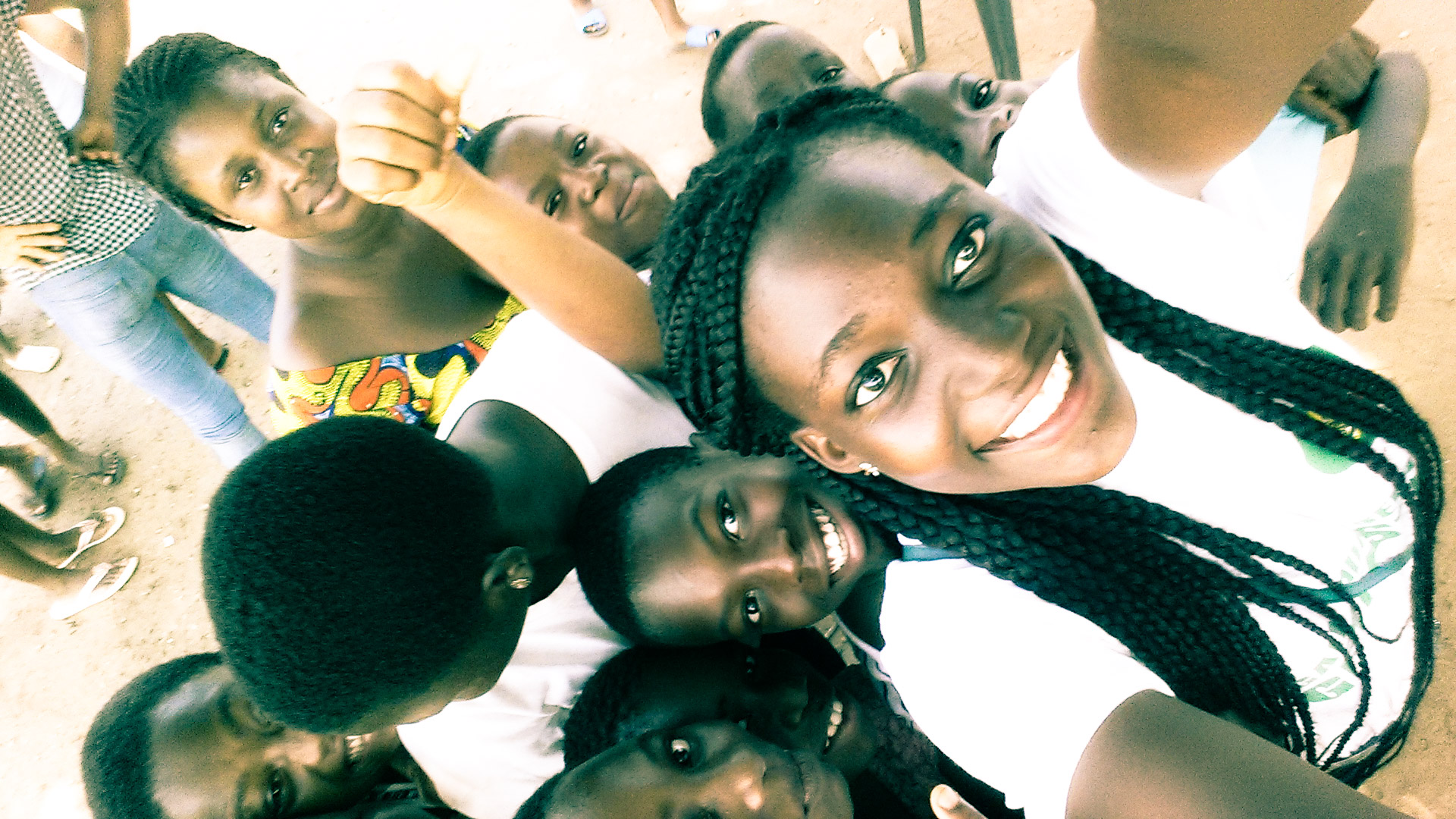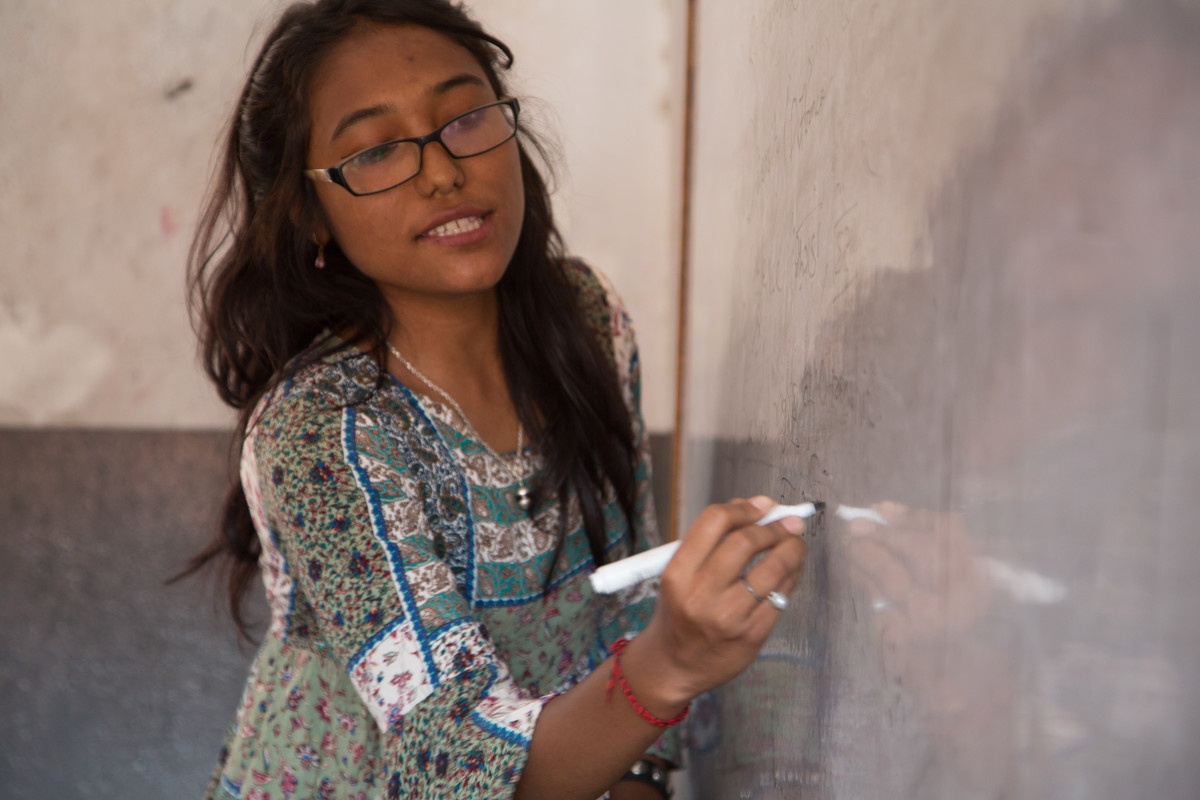By Akosua Agyepong,Youth Volunteer at Planned Parenthood Association of Ghana (PPAG), IPPF member association.
This was how I learnt about sex; my mother called me into her room, she was holding a newspaper in her hand. In that paper, there was a report on the rising number of cervical cancer cases in the country and then she said: “Akosua, now you are menstruating, if you sleep with any boy, you can get some of this cervical cancer.”
That was the end, and then she asked me to leave.
I don’t think her aim was to educate me but it was to scare me out of having sex. I believe for most youngsters in my country, that’s the reality. At home, there isn’t a discussion about sex but a horror story on the troubles sex could put you in, so that young people totally abstain.
However, there are two wrongful assumptions that preachers of abstinence make. The first is the assumption that scary stories about sex would keep their virginities intact and secondly that sexuality education is all about sex and thus encourages sex.
On the first assumption, we find that evidence shows that young people would have sex whether or not they hear those scary stories because sex is emotionally and hormonally driven and emotions and hormonal activity cannot be suppressed by daunting stories of death and curses.
In fact, the International Technical Guidance on Sexuality Education shows how sexuality education has positively impacted the lives of young people in terms of delaying the initiation of sexual intercourse and what not to do to stay safe and healthy.
If for nothing at all, the Puritan age showed us that restricting sex to marriage and punishing pre-marital sex by fines, public shaming and even death could not suppress human emotions and pre-marital sex even in that age still persisted.
UNESCO’s updated guidelines on sexuality education also disprove the claim that "sexuality education is all about sex", putting it to rest entirely. The guidance shows how sexuality education speaks to key concepts: Relationships, Values, Rights, Culture and Sexuality, Understanding Gender, Violence and Staying Safe, Skills for Health and Well-being, The Human Body and Development, Sexuality and Sexual Behaviour and finally Sexual and Reproductive Health.
The instructional guide provides evidence that when young people are taken through Comprehensive Sexuality Education, they will not be learning the details of the Kama Sutra but they will have first-hand information about themselves and their health and well-being that improves their chances of becoming a successful person in future.
It is a shame that many people misunderstand what Comprehensive Sexuality Education is, and are totally oblivious to its benefits to us as families, societies, nations and continents. Some individuals and organizations even go the extra mile of petitioning governments to take CSE out of school curricula.
To them my final and only word is that scary stories don’t save lives, Comprehensive Sexuality Education does. Perhaps reading the UNESCO Guidance can help them understand this better.
when
country
Ghana
Blog Series
Youth voices
Subject
Comprehensive Sex Education
Related Member Association
Planned Parenthood Association of Ghana











